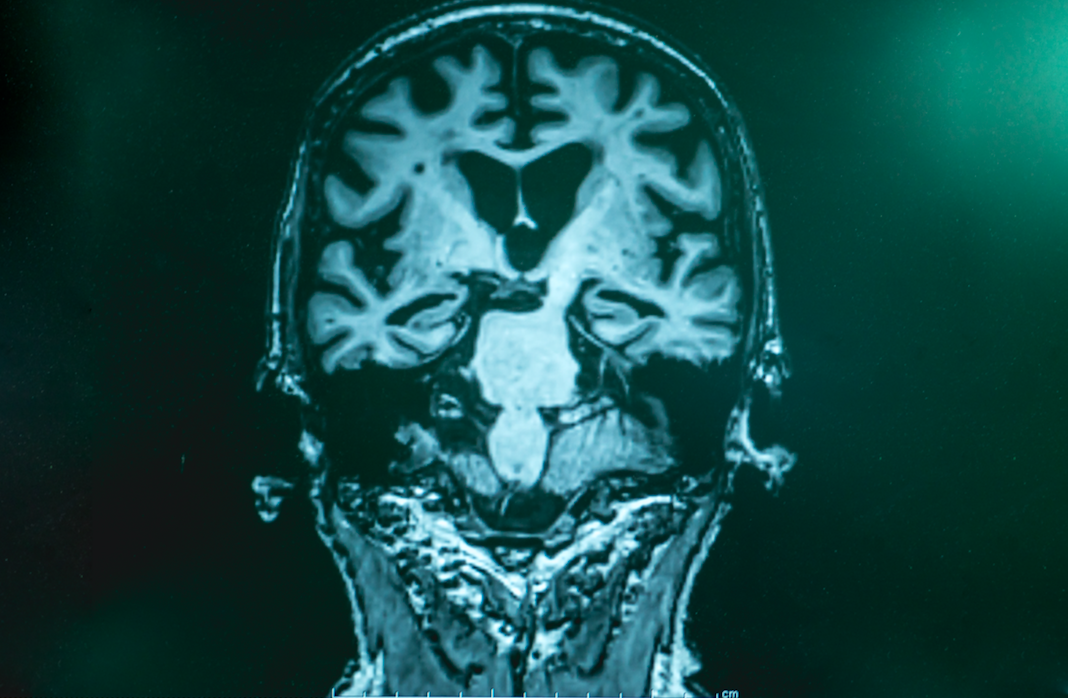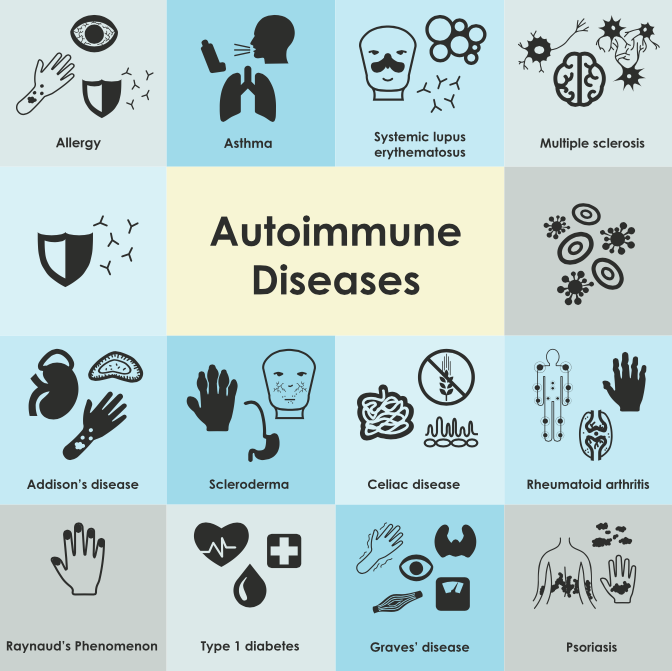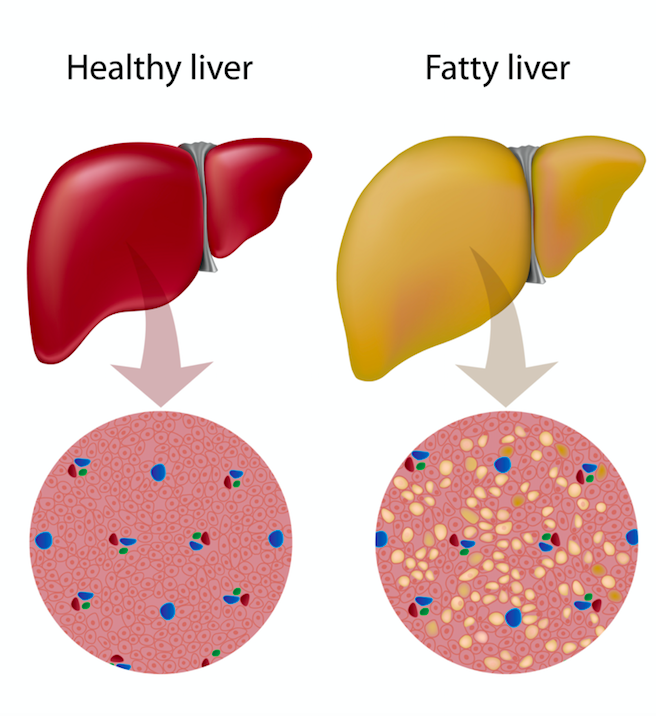Your gut can either be a fountain of youth...or the biggest drag on your health.
When the ecosystem of 40 trillion microorganisms living in your gut are thrown into chaos, they can wreak havoc on your health. Microbial imbalance or dysbiosis is linked to all sorts of conditions.
We aren’t the first to see that the gut is the epicenter of overall health – Hippocrates the ‘Father of Medicine’ famously stated over 2,000 years ago that, “All disease begins in the gut.” This statement is proving to be more true than anyone fully realized.
The gut microbiome is so critical that there isn't one chronic disease that hasn't been associated with dysfunction of the gut microbiome at some level.
If we could shout from the rooftops about the gut microbiome, we would!
A team of world renowned experts came together at Viome to unravel this critical life source, and the result is the best gut microbiome test on the market. Viome has exclusive access to the most powerful metatranscriptomic technology in existence and revolutionary artificial intelligence analysis.
Viome offers you insight into your personal gut microbiome through a simple 3 minute test that can be taken in the comfort of your own home.
The Gut Intelligence test is the first step in Viome’s mission to make chronic illness optional. With chronic disease on the rise, it’s essential that we come together as the formidable and dynamic species that we are and find novel, effective solutions.
We believe knowledge is power and when you’re equipped with the best information you can take your health back into your own hands. So without further ado, let’s look at 19 surprising conditions associated with gut microbiome imbalance.
19 Surprising Conditions That Begin in the Gut
- Anxiety
- Depression
- Eczema
- Rosacea
- Psoriasis
- Dermatitis herpetiformis
- Heart disease
- Dementia & Alzheimer's disease
- Parkinson’s disease
- Autoimmune diseases
- Migraines
- Allergies
- Asthma
- Cancer
- Chronic fatigue syndrome
- Obesity
- Type 2 diabetes
- Osteoarthritis
- Non-alcoholic fatty liver disease
1. Anxiety
Anxiety is one of the most common mental health issues plaguing the Western world. Turns out, not only is dysbiosis is associated with anxiety – studies have found that through manipulation of anxiety pathways through the gut microbiome, we can improve anxiety symptoms.1

2. Depression
Gut microbiome imbalance has been linked to depression and in some cases, certain strains have been to blame. Gut microbes are responsible for producing many neurotransmitters necessary to stabilize mental health.2
3. Eczema
Gut microbes help regulate the immune system – so when the gut ecosystem is out of balance, the immune system can run off the rails and begin attacking healthy human tissue. In the case of eczema, the immune system begins attacking the skin.
To restore immune system balance, studies are finding that restoring microbial balance can be effective. In fact, a drop in microbial diversity and high levels of one particular microbe – Staphylococcus aureus, has been shown to trigger eczema flare ups.3

4. Rosacea
Rosacea is another skin condition linked to dysbiosis. When certain bacteria migrate into areas of the gastrointestinal tract where they don’t belong, it can cause a condition called small intestinal bacterial overgrowth (SIBO). Individuals with SIBO often have rosacea and one study even found that when they treated SIBO, people’s rosacea also cleared up.4
5. Psoriasis
People with psoriasis also usually have a gut-related condition. Candida overgrowth, inflammatory bowel disease, and leaky gut syndrome are all forms of gut dysbiosis or strongly associated with dysbiosis and can contribute to psoriasis.5
6. Dermatitis herpetiformis
Yet another uncomfortable skin condition on this list that’s associated with imbalances of the gut – specifically those who have celiac disease. Restoring balance and removing gluten from the diet have been shown to relieve dermatitis herpetiformis symptoms.6
7. Heart disease
There is a strong correlation between the gut microbiome and heart disease. Specific bacteria produce a compound called trimethylamine, which gets converted to TMAO by our liver and can lead to a higher risk of heart attack and stroke.
What’s even more interesting is that you can manipulate your gut microbiome through your diet to reduce your risk of developing heart disease. Studies even suggest that manipulating gut flora may help treat heart disease.7
8. Alzheimer's disease
Alzheimer’s disease has perplexed pharmaceutical companies who have failed to come up with an effective drug. Dysbiosis and the inflammatory and metabolic pathways it triggers have now been linked to Alzheimer's, making it an exciting new area of treatment research.8

9. Parkinson’s disease
The link between dysbiosis and Parkinson’s disease is incredibly strong. This has caused many researchers to focus their search for new therapies through targeting the gut microbiome.9
10. Autoimmune diseases
Autoimmune diseases are conditions where the immune systems attacks healthy tissue. Since the gut microbiome is essential to training the immune system, it isn’t all that surprising that these two conditions are linked.10 There are now over 100 different autoimmune conditions, including:
Type 1 diabetes
Multiple sclerosis
Hashimoto’s thyroiditis
Graves’ disease
Lupus erythematosus
Rheumatoid arthritis

11. Migraines
The gut-brain axis is at it again – dysbiosis and leaky gut make it much more likely that you’ll suffer from painful migraines. Research suggests that certain diets may be able to improve the health of your gut microbiome, which could offer relief from recurring migraines.11
12. Allergies
Allergies occur when your immune system mistakens certain environmental factors or foods for a harmful invader. When your body tries to rid itself of the “invader” it causes the typical allergy symptoms. Dysbiosis has been linked to an increase in allergies, which makes sense when you consider how closely the immune system and gut health are intertwined.12
13. Asthma
Asthma is on the rise in the U.S. for reasons similar to why allergies cause us so many problems. Certain microbial strains have been found to either inhibit or promote immune system responses in people with asthma.13
14. Cancer
In a 2015 report, Cancer and the Gut Microbiota: An Unexpected Link, scientists explain how they’ve discovered there is cross-talk between tumor development and the gut microbiome. Through examining and manipulating environmental factors like diet, antibiotics, hormones, smoking, and xenobiotics, there are many new therapeutic approaches that need to be explored to improve cancer treatment – through the gut microbiome.14
15. Chronic fatigue syndrome
Gut dysbiosis and inflammation have been shown to be universal among those suffering from a very misunderstood condition – chronic fatigue syndrome. Through restoring microbial balance, studies have found that in some cases chronic fatigue syndrome patients can experience increased energy.15

16. Obesity
Until recently, obesity was largely blamed on an unhealthy lifestyle, but gut microbiome research suggests it’s more complicated than that. Dysbiosis is common in obese individuals and restoring microbial balance has been shown to improve weight management.16
17. Type 2 diabetes
Similar to obesity, type 2 diabetes is a metabolic disease that has been largely attributed to poor life choices. But it appears gut microbiome imbalance plays an important role in the progression of type 2 diabetes and has become an important area of therapy research. Type 2 diabetes is yet another disease where the gut microbiome plays a critical role.17
18. Osteoarthritis
Dysbiosis causes inflammation, which is one of the reasons it’s so problematic. Osteoarthritis is an inflammatory condition that is associated with gut microbiome imbalance. The widespread inflammation that begins in the gut can affect the rest of the body, and in the case of osteoarthritis, it affects the joints.18
19. Non-alcoholic fatty liver disease
Non-alcoholic fatty liver disease is a condition of the liver that is often seen alongside obesity. This unfortunate condition is also affecting our children, which is why we must explore new ideas for treatment. The gut microbiome is proving to be the answer doctors have been looking for.19

See Into Your Gut Microbiome With Viome!
Viome is the only gut microbiome test on the market that can actually see the activity of your microbes. Through a powerful combination of metatranscriptomic sequencing technology & expertly trained artificial intelligence, you’ll find out exactly what you should eat to boost microbial diversity and improve your health.
To make true and lasting change, Viome gives your body the resources it needs to not just survive – but thrive.
** Viome is not claiming to cure any of the diseases above. We are a health and wellness company determined to help you find the diet perfect for you and your gut microbiome.
Resources:
- https://www.ncbi.nlm.nih.gov/pmc/articles/PMC5045149/
- https://www.ncbi.nlm.nih.gov/pubmed/29397391
- https://www.ncbi.nlm.nih.gov/pubmed/27812181
- https://www.ncbi.nlm.nih.gov/pubmed/18456568
- https://www.ncbi.nlm.nih.gov/pubmed/29491401
- https://www.ncbi.nlm.nih.gov/pmc/articles/PMC4230654/
- https://www.ncbi.nlm.nih.gov/pubmed/23656565
- https://www.ncbi.nlm.nih.gov/pmc/articles/PMC5291774/
- https://www.ncbi.nlm.nih.gov/pubmed/28429209
- https://www.ncbi.nlm.nih.gov/pmc/articles/PMC5440529/
- https://www.ncbi.nlm.nih.gov/pmc/articles/PMC5405022/
- https://www.ncbi.nlm.nih.gov/pubmed/27749359
- https://www.ncbi.nlm.nih.gov/pubmed/28029408
- https://www.ncbi.nlm.nih.gov/pmc/articles/PMC4690201/
- https://www.ncbi.nlm.nih.gov/pmc/articles/PMC2964729/
- https://www.ncbi.nlm.nih.gov/pubmed/27795585
- https://www.ncbi.nlm.nih.gov/pubmed/28434033
- https://www.ncbi.nlm.nih.gov/pmc/articles/PMC5005536/
- https://www.ncbi.nlm.nih.gov/pmc/articles/PMC5575588/
